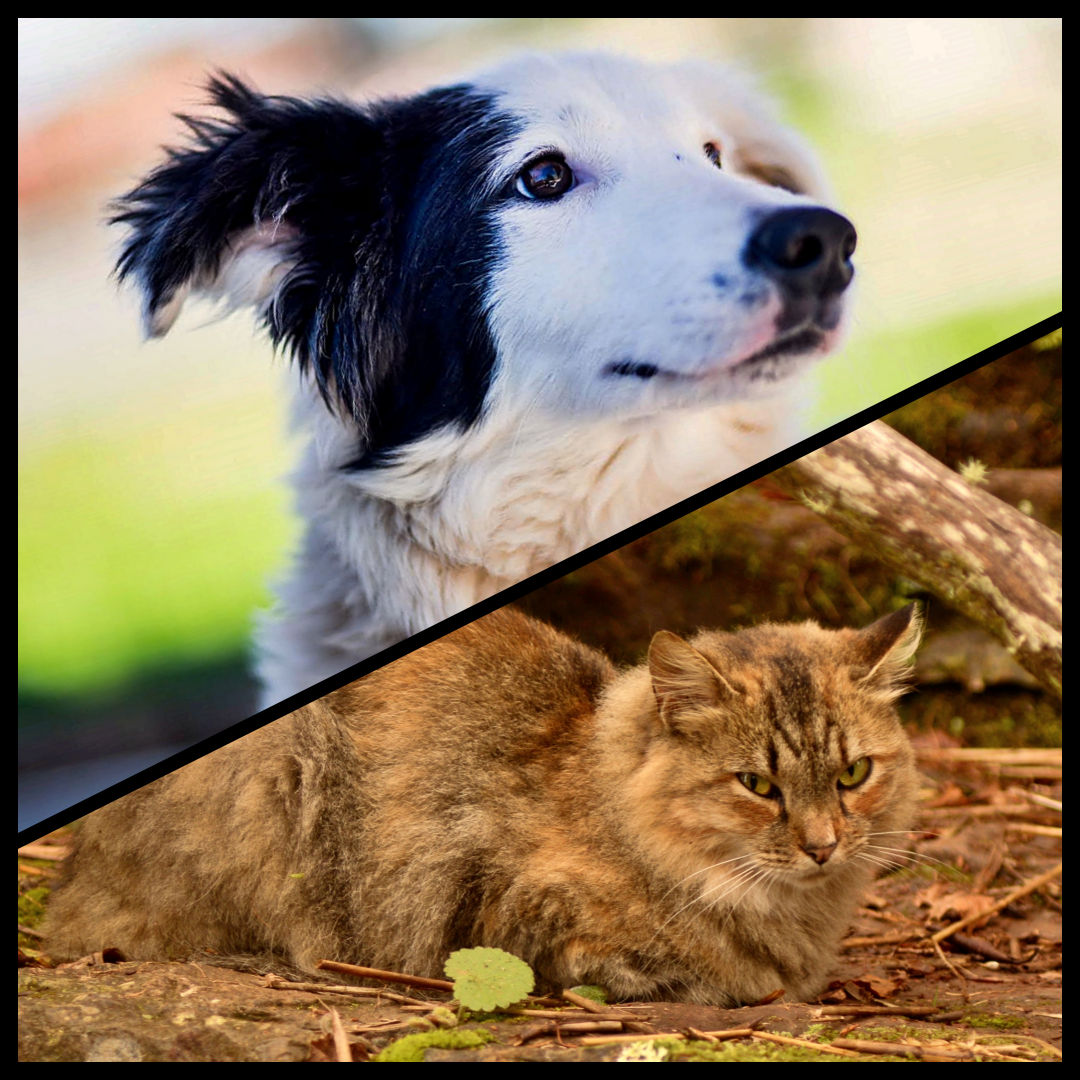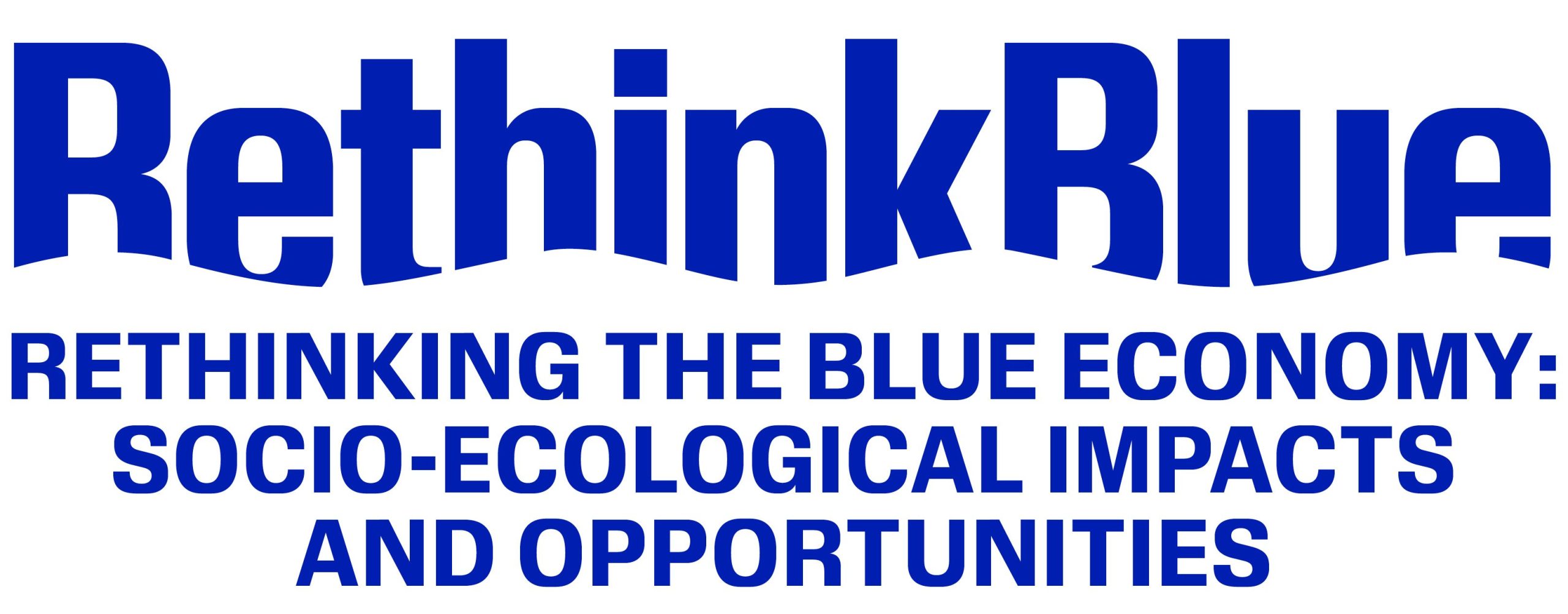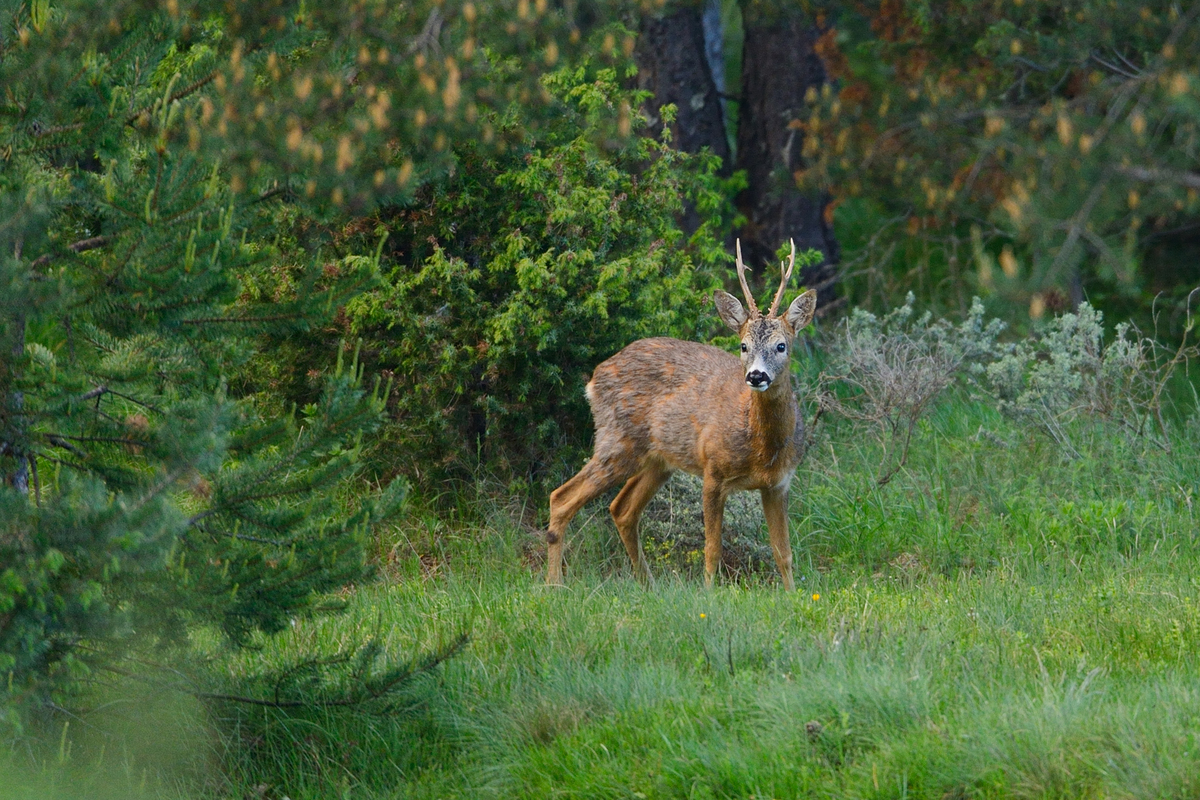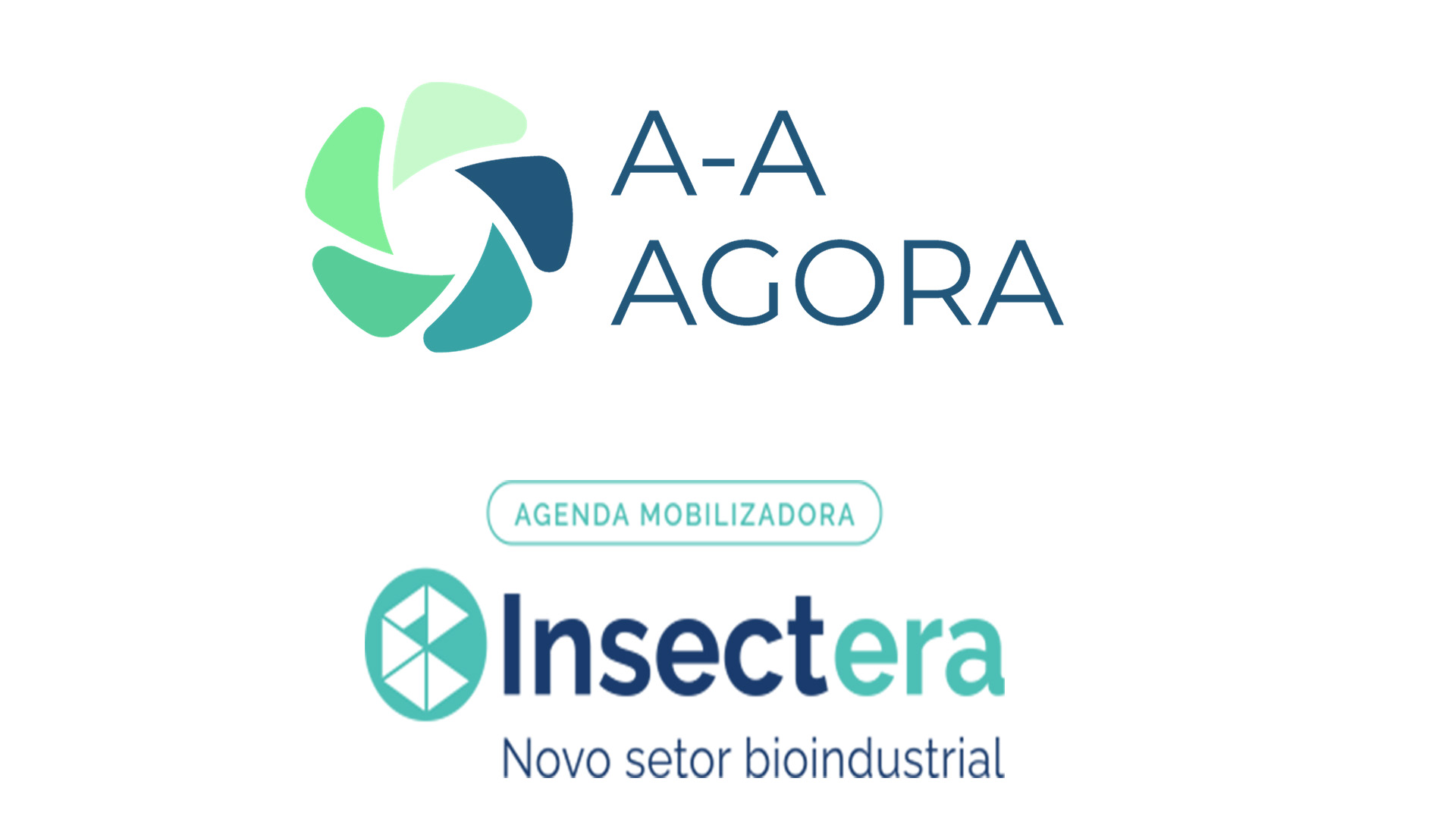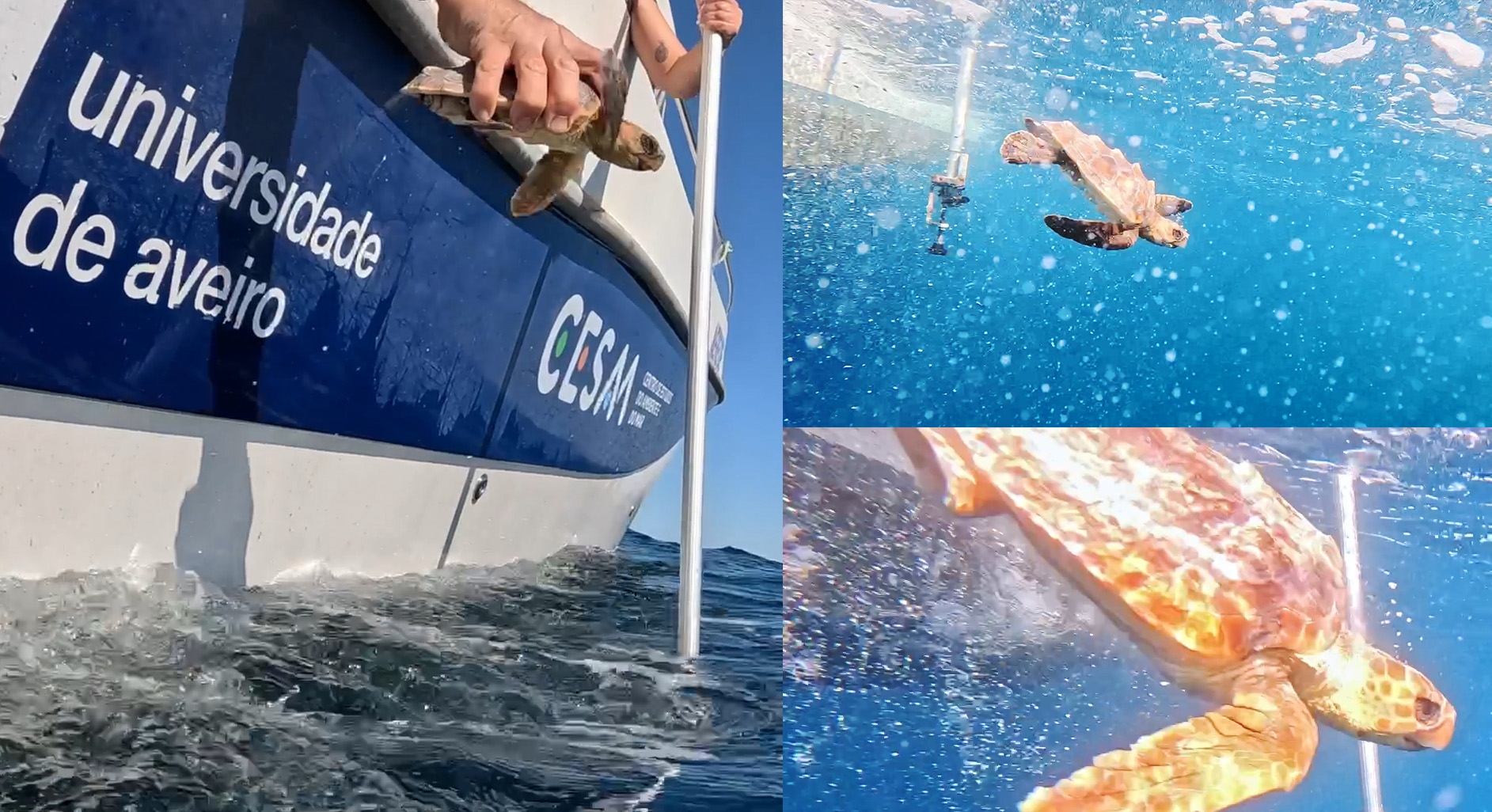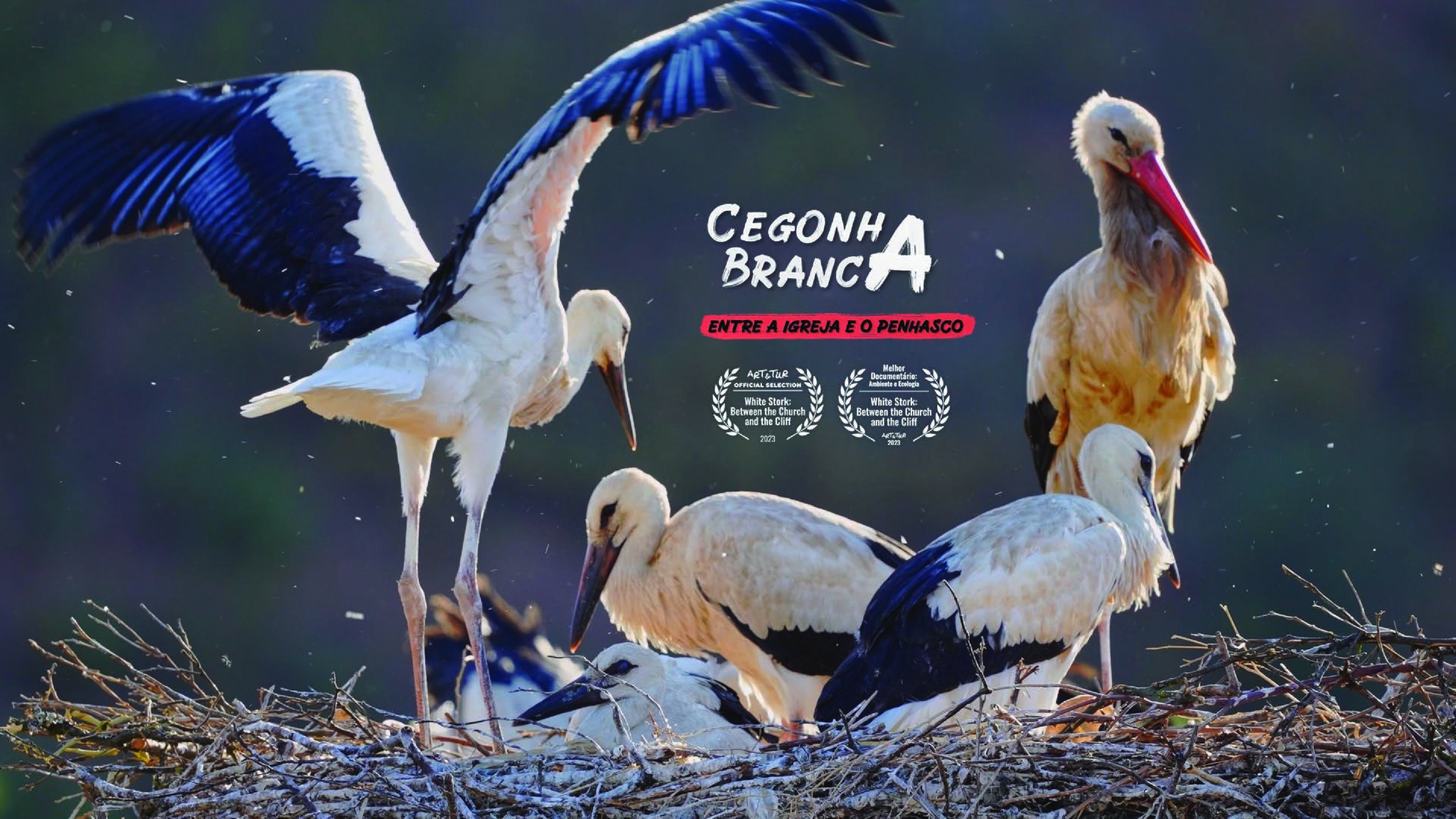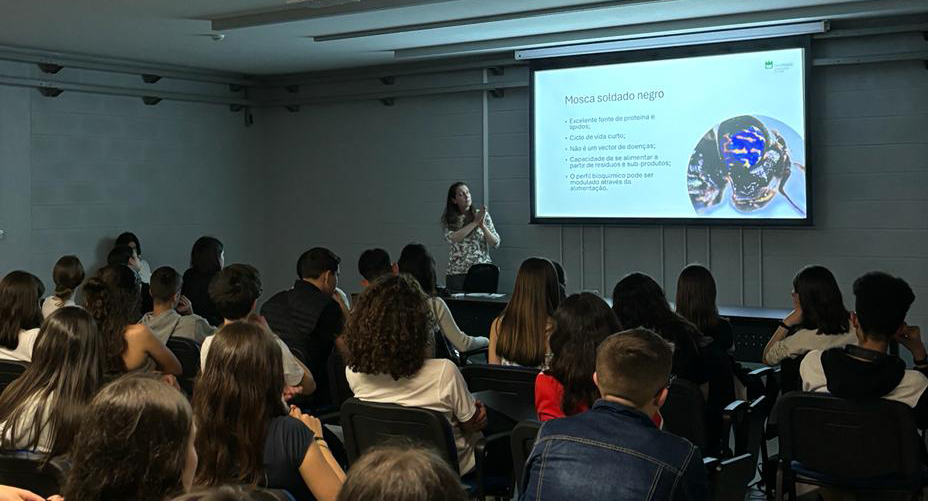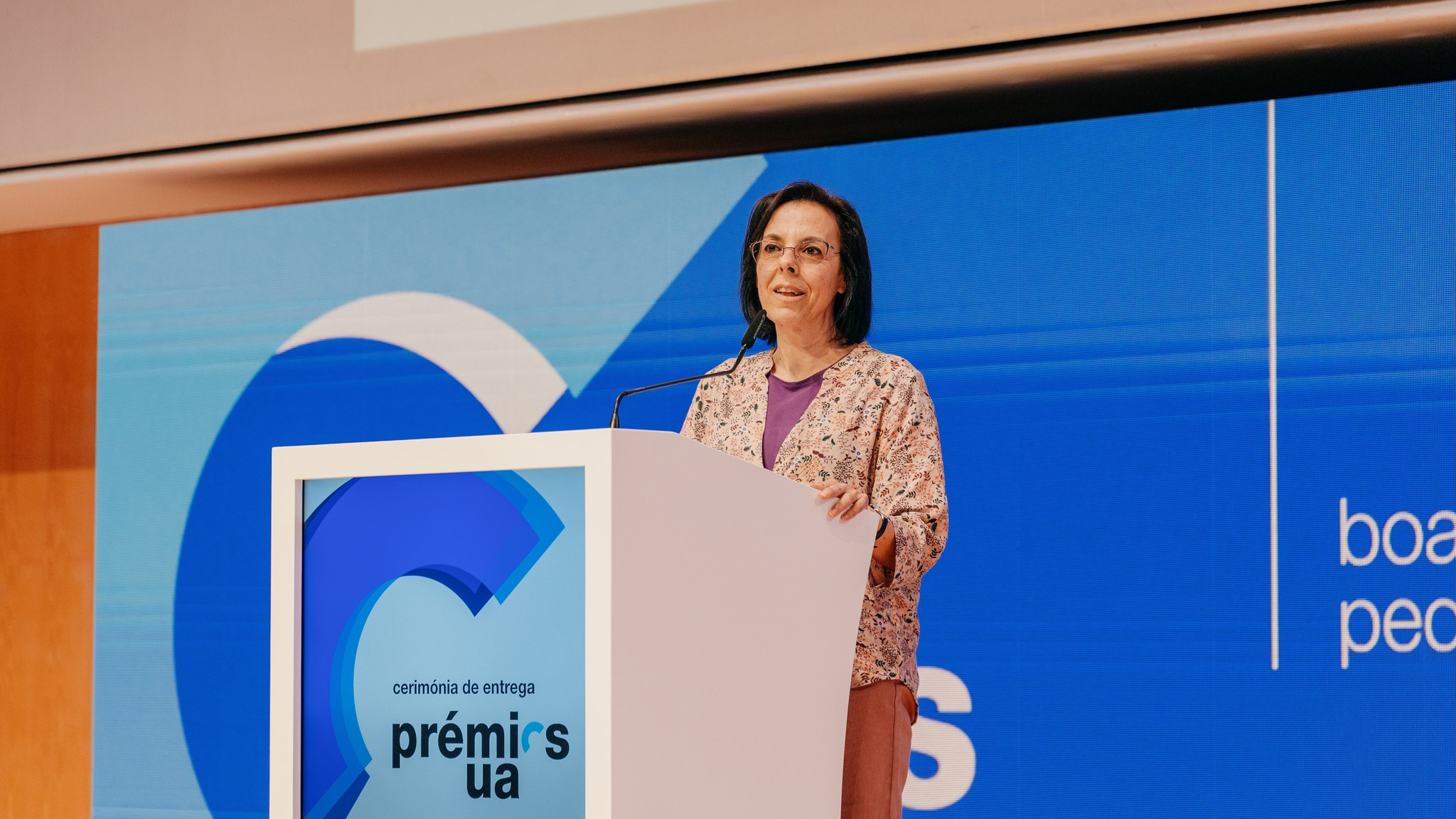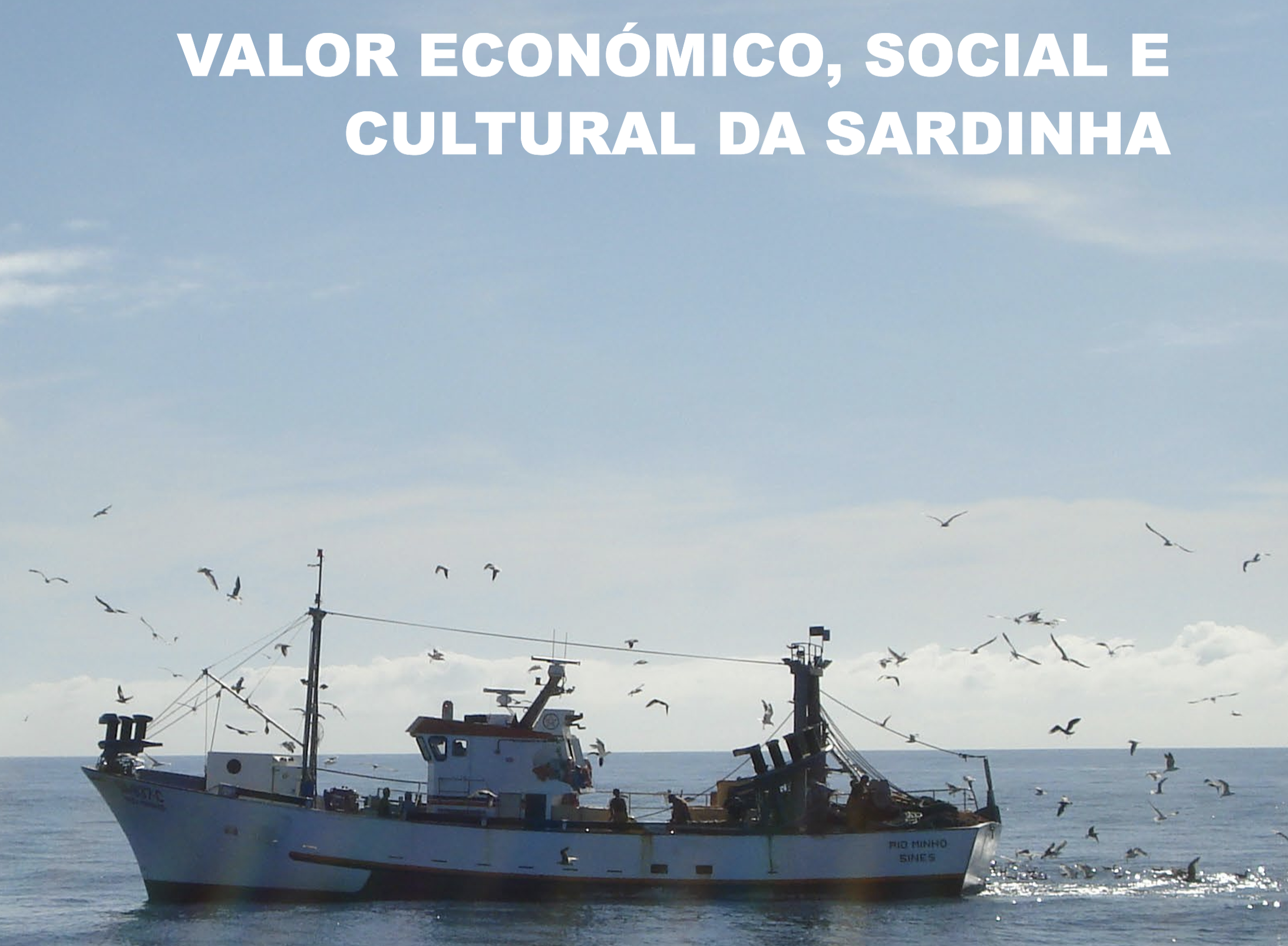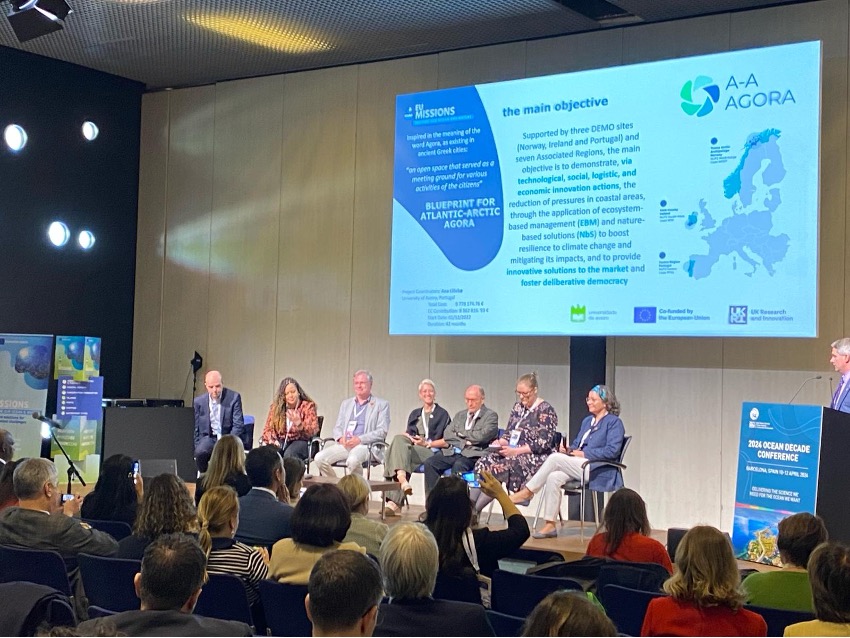A recent study conducted by DBio/CESAM in collaboration with the Institute for Nature Conservation and Forests (ICNF) presented relevant findings regarding the population of stray animals in Continental Portugal. The first National Census of Stray Animals reveals that there are over 930 thousand animals without homes, of which 830,541 are cats and 101,015 are dogs. The census, funded by the Environmental Fund, not only quantified the population of stray animals but also investigated the attitudes and perceptions of the Portuguese population towards these animals, as well as strategies to control and reduce their populations.
The results highlight significant disparities between cats and dogs in terms of owner responsibility. While the majority of dog owners demonstrate high levels of responsible ownership, including identification and registration of animals, as well as adequate supervision of outdoor access, cat owners show lower levels of responsibility, with a considerable proportion allowing their cats outdoor access unsupervised. Sterilization emerged as the predominant method of population control for cats, while a significant portion of dog owners do not utilize contraceptive methods for their animals.
The study also reveals a correlation between lower family incomes and a more pronounced presence of stray animals, suggesting that economic difficulties may be a limiting factor for responsible ownership practices.
Additionally, 334 vulnerable wild species susceptible to predation by cats and dogs were identified, highlighting the impact of these stray animals on wildlife. The study emphasizes the importance of raising awareness among civil society about the issue of stray animals and underscores the need for effective strategies for their management.
In response to the census results, ICNF adjusted the National Strategy for Stray Animals, emphasizing the importance of responsible ownership and professional training in the areas of animal welfare assessment.
This study represents a significant milestone in understanding and addressing the challenges associated with stray animals in Continental Portugal and highlights the urgent need for coordinated actions to mitigate this complex problem.
For further details, please click here.
(Text by: Tânia Barros)
